NEXT STEPS TO AVOID IDENTITY THEFT
Last week it was revealed that most of the US adult population has had all necessary data stolen from Equifax to make it easy for criminals to steal their identity, take out mortgages, car loans, and get new credit cards in their name.
Recovering from identity theft is an expensive, and 1-2 year process. It is vital to get in front of this issue before it tramples most of us.
Theft Areas
The most common areas of identity theft include:
- Child ID theft. This level of theft can exist for a decade or more without notice. Once the child becomes an adult, the damage is done and very difficult to recover from.
- Credit ID theft. The criminal uses your identity to apply for and get new loans and credit cards.
- Tax ID theft. The criminal uses your social security number to file tax returns, of course using their address to send refunds.
- Medical ID theft. The criminal uses you identity to get medical services, or to push fraudulent billing.
- Social ID theft. The criminal uses your identity information to create fake accounts on social media.
Steps To Take Now
Every person should take the following steps to help prevent identity and credit theft:
- Social Security Number. There are very few instances where your SSN is required. Instead, offer only the last 4 digits. Don’t carry your card.
- Keep identity data private. When asked for personal identity data (full name, birthdate, bank account, etc.) by unsolicited sources, keep quiet.
- Freeze your credit reports. Contact Equifax, TransUnion, Experian, and request a freeze on your credit reports. This prevents anyone from applying for credit in your name.
- Equifax: 888.766.0008 http://www.equifax.com/
- Experian: 888.397.3742 http://www.experian.com/
- TransUnion: 800.680.7289 http://www.transunion.com/
- Secure your mobile devices. All of your mobile devices should have a password, hardware encryption, and erase after 10 failed password attempts. Millions of mobile devices are stolen annually, and each holds the keys to your financial and identity kingdom.
- Only use a public wi-fi network when using Virtual Private Network (VPN). I personally recommend always using a VPN, even when on your own network.
- Review your credit card and bank statements monthly for unauthorized transactions.
- Purchase and use a micro-cut paper shredder for all documents to be trashed that contain financial or personal data. Micro-cut is important to prevent dumpster divers from piecing together the paper jigsaw puzzle.
- Store documents with financial and personal information in a safe.
- Secure your computers. This includes a professional security audit. It is not enough to just install antivirus and a firewall.
- Use strong passwords (minimum 15 characters).
- Use different passwords for each site.
- Review your credit report at least yearly. This can be ordered from http://anualcreditreport.com.
Reporting Theft
Should you find that your identity or credit has been stolen:
- Report the theft to the Federal Trade Commission (FTC) at https://www.identitytheft.gov/, or by phone at 877.438.4338. The FTC will provide a recovery plan where you can track your progress, receive template letter s to submit to creditors.
- Report medical identity theft to the Medicare fraud office http://www.medicare.gov/forms-help-and-resources/report-fraud-and-abuse/report-fraud/reporting-fraud.html.
- Report tax identity theft to the IRS http://www.irs.gov/uac/Taxpayer-Guide-to-Identity-Theft, as well as your state’s Department of Taxation and Revenue.
Need More Information?
- USA.gov Identity Theft Site: https://www.usa.gov/identity-theft
- FTC Guides: https://www.consumer.ftc.gov/topics/identity-theft
- Computer and Mobile Device Security Audit: Mintz InfoTech, Inc. https://mintzit.com



